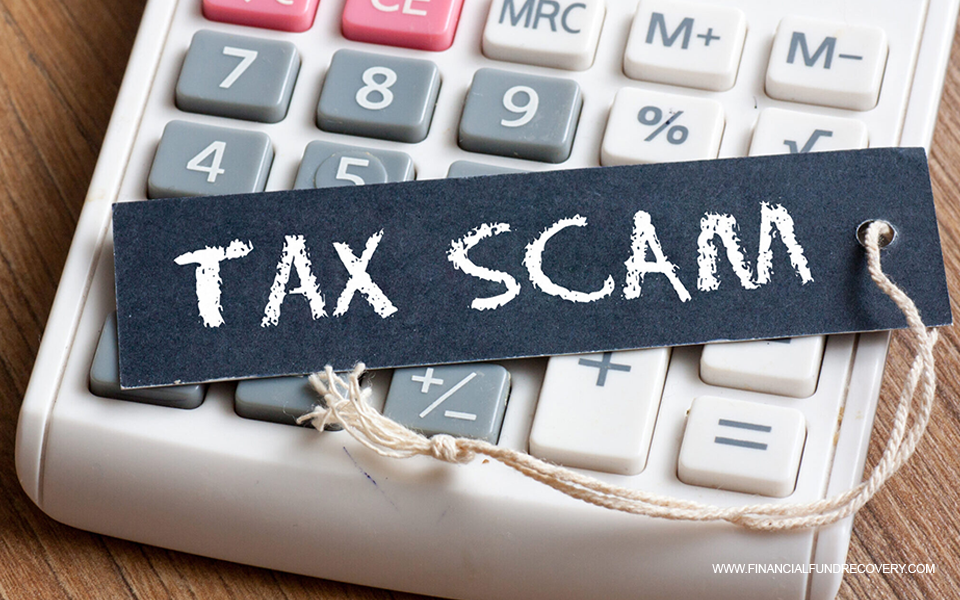Even if the caller ID says IRS, don’t believe it’s a government representative on the other end of the line. It could be a con artist trying to scare you into giving out personal information or paying a tax liability that doesn’t exist. Demanding Social Security numbers or pushing upon gift card transactions are two common IRS frauds. If you don’t cooperate, you might get a warning that the cops are coming.
“Since the tax system is very confusing the individuals aren’t comfortable when it’s about paying their taxes,” say experts. This makes it easier for fraudsters pretending to be IRS agents to dupe people into divulging personal and financial details.
Keep an eye out at these five red flags of Internal revenue service ( IRS) scams to ensure you never become a victim.
- A mail, voice call, or text message claiming to be from the IRS.
- Poor grammar, a harsh tone, or an unusual sentence construction.
- Police officers will be summoned according to threats.
- Payment demands for gift cards, prepaid cards, and wire transfers.
- Requires a reimbursement to be paid.
A mail, voice call, or text message claiming to be from the IRS
The IRS most often uses the United States Postal Service to reach individuals. “The IRS is out of date,” hence, first, you’ll get a letter,” argues an expert.
Because the IRS does not make contact over the phone, it may be better to end the call on anyone claiming to be an IRS agent. Also, don’t trust what your caller ID says. Scammers have mastered spoofing, a technique for making it appear like you are getting a call from the IRS or Washington, D.C.
You can also disregard any texts purporting to be from the IRS. Analysts say that “the IRS cannot text you.” Avoid dealing with anyone claiming to be from the IRS who phones or emails you. They may have already gained access to some of your personal information due to a security breach, and the longer you talk to them, the more likely they are to persuade or bully you into providing more. “They have more than enough confidential info in certain scenarios to threaten you into turning over the rest,” experts say.
Poor grammar, a harsh tone, or an unusual sentence construction
Poor English is another red flag of a scam if you find yourself on the phone or receiving an email from somebody claiming to be an IRS official. Some IRS scams originate from outside the United States, and foul language, frequent typos, or strange wording are red flags that the letter or email is not from the IRS.
Police officers will be summoned according to threats.
Scammers take advantage of the IRS’ fearsome reputation and pretend to be calling from the IRS. For this fear, many may believe an IRS impersonator who claims that if payments aren’t made over the phone, cops or immigration authorities will be summoned to arrest them.
Security experts and the IRS, on the other hand, say this is a classic symptom of a hoax.
Payment demands for gift cards, prepaid cards, and wire transfers.
A demand to purchase prepaid cards or gift cards and use them to make a tax payment is another telltale sign of a scam. Requests to send a money transfer are treated the same way.
If the IRS’s repeated postal notices go unanswered, people may receive collection calls from the agency. During those contacts, however, the agency does not expect instant payment. It also has no authority over how you pay your bill. Even though it could, the government would have no reason to wish to be compensated with iTunes or other retailer gift cards.
Requires a reimbursement to be paid.
Taxpayers who get an unanticipated direct deposit from the Treasury Department are less prevalent IRS scams. Then, posing as an IRS official, someone calls the individual to organize for the excess to be transferred to them.
“The IRS will not call or ask you for a refund; they, love letters,” reminds an expert. If the payment is accompanied by a contact from a fictitious IRS official asking for bank information or money back, taxpayers can be sure they’ve been duped. Call the IRS right away if you receive a refund that you didn’t expect. It could be a clue that someone has submitted a bogus tax return in your name.


